Interpersonal Skills and Self-Improvement
Project Management
£2360 (£1600 during the tuition waiver period)
The course will explore the strategic aims and objectives of an organisation and their significance in setting direction, and identifying success and progress for the organisation. The course will also explore where different strategic options may lead the organisation to change its direction.


1. Be able to review and determine the organisation's strategic aims and objectives
2. Be able to evaluate progress towards achieving organisational strategic aims and objectives
3. Be able to determine and evaluate strategic options to support a new strategic position


Scholarships
Citizens of the following countries are eligible for a 50% scholarship upon writing a personal statement. All scholarships are to be approved by the Academic Board. The list of countries are: Sri Lanka, Indonesia, Philippines, Bhutan, Morocco, Vietnam, Papua New Guinea, Laos, Cambodia, India, Nigeria, Ghana, Bangladesh, Laos, Myanmar, Pakistan, Nepal and South Africa. Please talk to your student counselor and ask for the Coupon Code to get the 50% Tuition Waiver.

To pass the unit a 40% overall grade must be achieved.

You are eligible if you meet our stipulated entry requirements.









Introduction to the module
Mastering Strategy: Art and Science
Leading Strategically
Evaluating the external environment
Managing Firms Resources
Selecting Business-Level Strategies
Supporting the Business-Level Strategy: Competitive and Cooperative Moves
Competing in international markets
Selecting Corporate-Level Strategies
Executing Strategy through Organizational Design
Leading an Ethical Organization: Coporate Governance, Coporate Ethics, and Social Responsibility